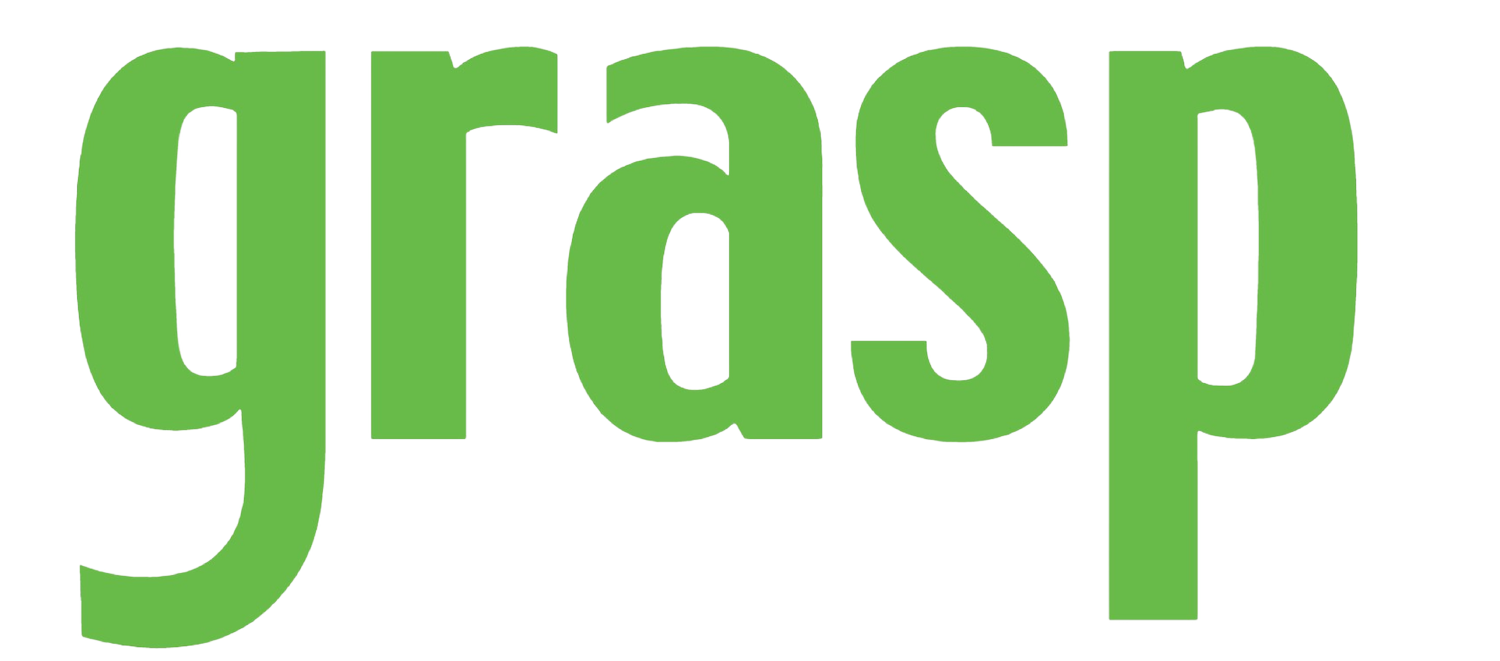Unlocking Profitability: The Critical Role of Commission Logging in Hotel Booking Management
How important are the commissions you receive from hotel bookings? It’s a vital revenue stream for travel agencies, yet the complexities surrounding commission tracking and payment can lead to significant losses and operational inefficiencies. To help simplify those complexities, Grasp released graspHOPR, a power tool designed to actively assess hotel properties based on their commission payment practices. Not only does it evaluate whether they pay commissions or not, but it also delves into the speed of their payments as well. This invaluable insight then empowers travel agencies, as well as CTDs (Corporate Travel Departments), to make informed decisions when booking hotel reservations. And graspHOPR is a free add-on for graspDATA clients.
Let's face it: the travel industry operates in a dynamic environment where every dollar counts. According to industry data, up to 20% of commissions aren't paid out, resulting in an average loss of $59 per booking. For small to medium-sized agencies, this could mean a significant dent in their bottom line. Moreover, the lack of transparency and consistency in commission payments adds another layer of frustration for travel professionals. The need for products like graspHOPR are apparent, however, the true effectiveness of graspHOPR hinges on a crucial factor: The active participation of agencies in logging their commission data in their back office systems.
Making Hotel Commission Optimization Work for You
At the heart of graspHOPR's functionality lies the need for agencies to diligently log their commission data. This seemingly mundane task holds the key to unlocking the full potential of the platform. Without accurate and timely commission logging, graspHOPR's ability to provide actionable intelligence is severely limited.
Commission logging is essential for several reasons:
Enhanced Visibility: By logging commission data, agencies gain enhanced visibility into their financial transactions with hotel properties. This transparency allows for better decision-making and strategic planning.
Improved Efficiency: Accurate commission logging streamlines the reconciliation process, saving agencies valuable time and resources. It minimizes errors and ensures that commission payments are tracked and processed promptly.
Maximizing graspHOPR's Impact: Perhaps most importantly, commission logging is essential for maximizing the impact of graspHOPR. The platform relies on comprehensive data to assess hotel properties' commission payment practices and provide valuable insights to agencies. Without this data, graspHOPR cannot fulfill its promise of empowering agencies to make informed booking decisions.
Overcoming Challenges
While the benefits of commission logging are clear, agencies often face challenges in implementing this practice effectively. Common barriers include time constraints, resource limitations, and a lack of awareness about the importance of commission tracking.
To overcome these challenges and fully leverage the capabilities of graspHOPR, agencies must prioritize commission logging as an integral part of their operations. This may involve investing in user-friendly back office systems, providing training and support to staff members, and fostering a culture of accountability regarding commission management.
The importance of commission logging cannot be overstated. It serves as the foundation upon which transformative solutions like graspHOPR are built. By embracing this practice, agencies can unlock the full potential of graspHOPR and pave the way for a more efficient, transparent, and profitable future in the travel industry.
Would you like to learn more about how graspHOPR’s Hotel Commission Optimization works? Reach out to us today!
